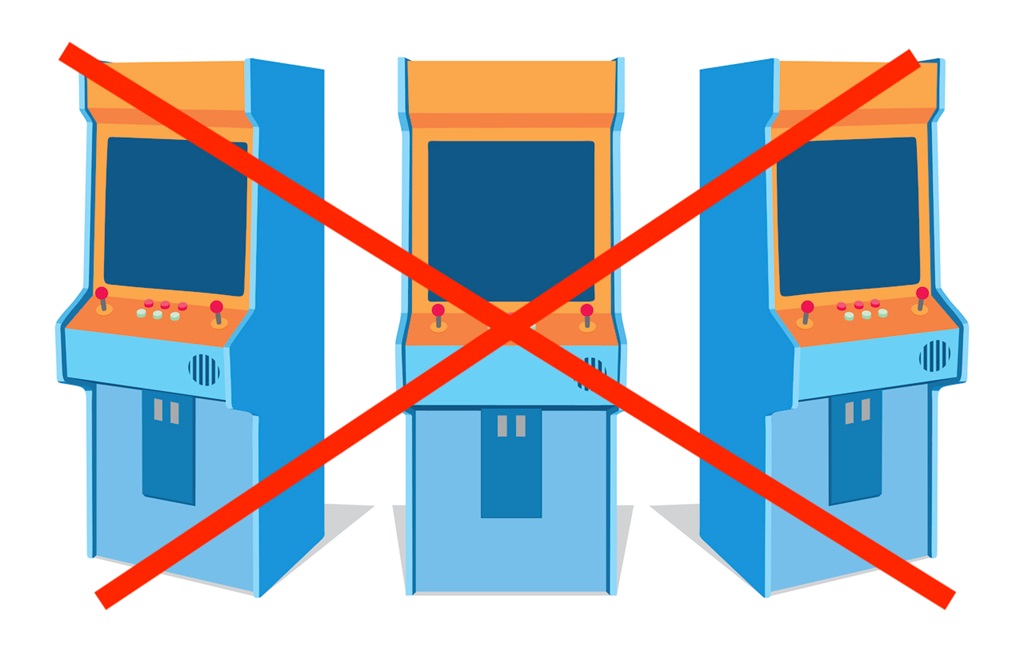
- A computer game appropriate for all ages does not exist, according to the new handbook for government censors.
- Up to the age of 10, children should only ever play under parental supervision.
- And they definitely can't learn to do anything criminal through a video game.
- Meanwhile, the definition for domestic-abuse material has been broadened to potentially include showing a burglary at the home of a one-night stand.
No child under 10 should ever play any video game without adult supervision, according to updated rules for South Africa's censors due to come into effect in August.
And game-makers will have to be more careful about how they reward violence – and will have to avoid teaching children how to be criminals – if they want to avoid higher age-ratings for their games.
The Film and Publication Board on Friday issued an overhauled version of its 40-page set of guidelines for the classification committees that have the power to ban movies and games in South Africa.
Those rules were last updated in 2019, when blasphemy was dropped in deciding how content should be classified.
The new version broadens the scope of some of the "classifiable elements" that go into deciding if a movie or game is rated PG (for "parental guidance") or X18, or somewhere in between. In looking at violence, for instance, censors must no longer just consider violence actually depicted, but also "detailed instruction or promotion of violence".
Likewise, the definition of what constitutes domestic violence has been widened to include economic abuse, intimidation, damage to property, and "entry into the victim's residence without consent" if there is a chance of "imminent harm". At the same time, the concept of a domestic relationship has been widened to effectively include one-night stands.
But many of the detailed changes are specific to games.
Some are complex, such as new ways in which "competitive intensity" should be considered in the context of games that reward violence.
Others are blunt.
"There is no 'All ages' age rating for games," read the new guidelines.
"Children are not allowed to play a game classified 'PG' [the lowest level of classification available] unless and only when supervised by an adult", because even such games may have elements "disturbing or harmful for children".
For the next level up, the same rule holds: "Children from the ages of 7 to 9 years are not allowed to play a game classified '7-9PG' unless supervised by an adult".
Only at age 10 does the prohibition of solo play fall away. Then, for games rated "10-12PG", game content may not be threatening, the theme may cause no moral harm – and "may not contain any occurrences of implied, verbal or actual criminal techniques".
In the 2019 rules, actual criminal techniques rather than just their implication were required before they would become a classifiable element.
The new rules make "online interactivity" a primary consideration in how games are classified, and explicitly include online games.